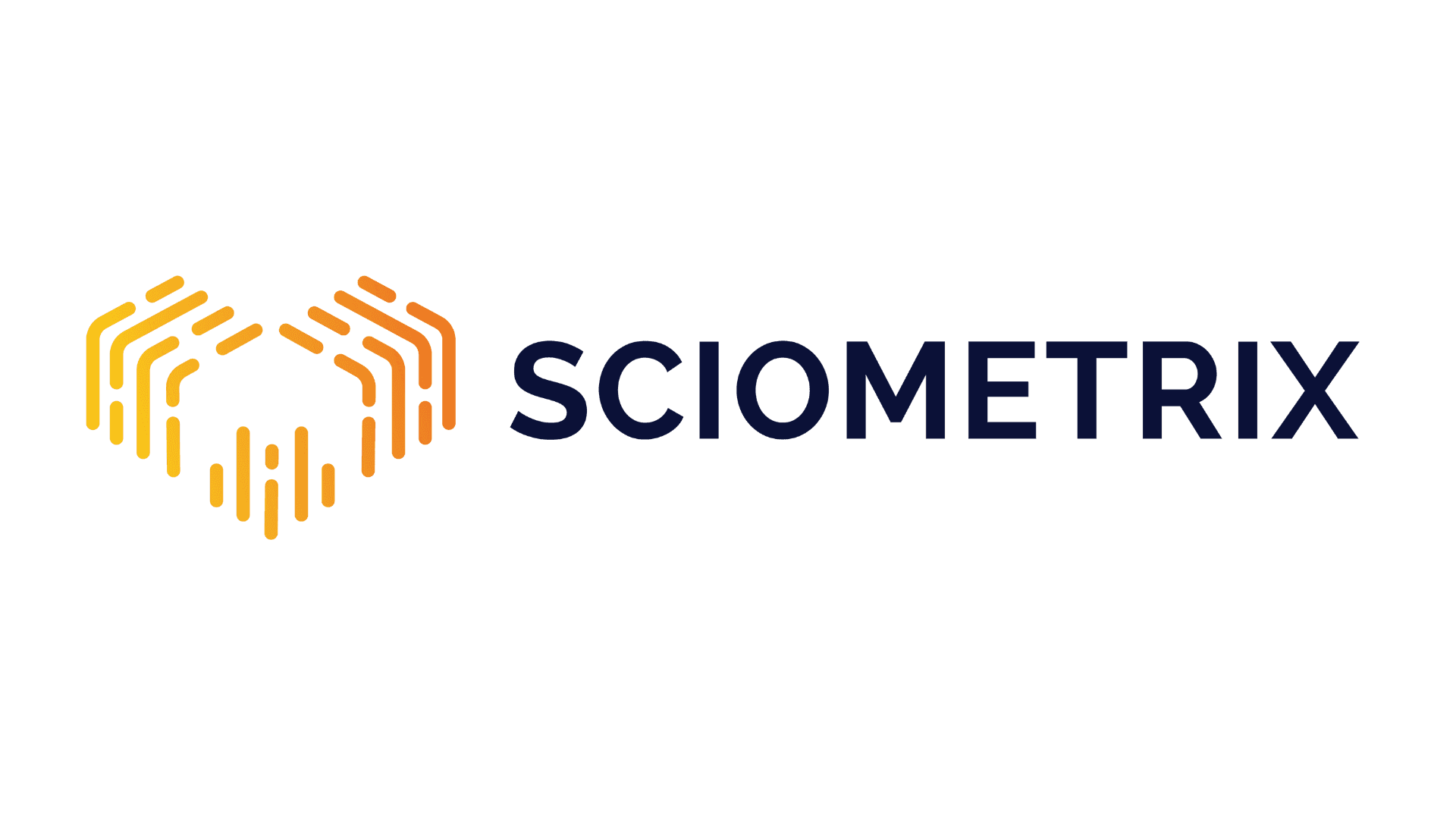The Ultimate Guide for FQHCs: Implementing Care Management for Better Outcomes & Financial Sustainability
Posted on :
Mar 28, 2025
Introduction
Federally Qualified Health Centers (FQHCs) provide essential primary care services to underserved communities, serving over 30 million Americans annually (HRSA, 2023). However, financial constraints, administrative burdens, and high patient demand make it challenging for FQHCs to deliver high-quality care while maintaining financial sustainability.
To overcome these challenges, Care Management Programs such as Chronic Care Management (CCM), Remote Patient Monitoring (RPM), and Transitional Care Management (TCM) provide both clinical and financial benefits, improving patient outcomes and unlocking new reimbursement opportunities through Medicare and Medicaid.
This guide explores how FQHCs can navigate challenges, implement care management programs effectively, and maximize reimbursements.
Challenges Faced by FQHCs
Despite their crucial role in public health, FQHCs operate under complex financial and operational constraints:
1. Reimbursement and Financial Challenges
Low Medicaid & Medicare reimbursement rates strain financial resources.
High volume of uninsured patients leads to uncompensated care.
Complex billing & compliance requirements increase administrative burdens.
2. High Patient Volume & Workforce Shortages
Provider burnout due to high patient caseloads.
Shortage of primary care physicians, RNs, and behavioral health specialists.
Limited time for preventive care and patient engagement.
3. Chronic Disease Burden & Preventive Care Gaps
Many patients suffer from multiple chronic conditions (diabetes, hypertension, COPD).
Limited resources for early intervention and proactive disease management.
Lack of patient adherence leads to avoidable hospitalizations and poor outcomes.
4. Administrative Burdens & Compliance Risks
Complex documentation requirements for care management programs.
Regulatory changes affecting billing and reimbursements (CMS, HRSA updates).
Difficulty in tracking patient data across multiple systems.
Solution: Implementing structured care management programs can help address these challenges while ensuring better financial health for FQHCs.

How FQHCs Can Maximize Reimbursements
A. Optimize Billing & Coding Practices
Ensure accurate documentation for CCM, RPM, TCM, and BHI services.
Stay updated on Medicare & Medicaid billing policies.
B. Leverage Technology for Care Coordination
Use Electronic Health Records (EHRs) & AI-driven platforms to streamline workflows.
Implement automated patient outreach & reminders.
C. Train Staff on Compliance & Reimbursement Guidelines or Partner with Care Management Services
Keep teams updated on CMS regulations and best practices for accurate documentation.
Conduct regular internal audits to minimize claim denials and ensure compliance.
Leverage a care management service to streamline compliance, enhance patient engagement, and reduce administrative burdens—allowing providers to focus on delivering quality care.
External care management services bring specialized expertise, ensuring higher reimbursement rates, lower operational costs, and improved patient adherence without adding strain to in-house staff.
D. Enhance Patient Enrollment & Engagement
Identify eligible patients for care management programs.
Offer multi-lingual patient education materials.
E. Track Performance & Quality Metrics
Monitor hospital readmission rates, patient adherence, and satisfaction scores.
Participate in value-based care models for additional incentive payments.
How Sciometrix Supports FQHCs
Sciometrix partners with FQHCs to streamline care delivery, reduce administrative burdens, and maximize reimbursements through tailored care management solutions.
1. Tailored Care Management Solutions
We offer CCM, RPM, and TCM programs that seamlessly integrate into FQHC workflows, improving both patient outcomes and financial sustainability.
2. Reduced Administrative Workload
Our US-based Registered Nurses (RNs) handle clinical operations, patient follow-ups, and documentation, allowing providers to focus on direct patient care.
3. Improved Patient Engagement
By providing personalized care plans and proactive monitoring, Sciometrix helps increase patient adherence and reduce hospitalizations.
4. Optimized Reimbursement Opportunities
With our comprehensive billing support and compliance tracking, FQHCs can maximize reimbursements while ensuring compliance with CMS guidelines.
5. 24/7 US-Based RN Care Coordination
Our US-based multilingual RN-led call center provides real-time patient monitoring and support, reducing provider burden.
6. Seamless Integration & Training
Sciometrix offers clinical training, EHR integration, and ongoing software support, ensuring a smooth implementation process for FQHC teams.

Conclusion: The Future of FQHC Care Management
Care management programs present a powerful opportunity for FQHCs to enhance patient care while ensuring financial stability. By leveraging CCM, RPM, TCM, and BHI services, FQHCs can:
✅ Improve patient outcomes through proactive care coordination.
✅ Reduce hospitalizations & ER visits.
✅ Optimize reimbursement potential and long-term sustainability.
At Sciometrix, we support FQHCs with comprehensive care management solutions that simplify billing, patient engagement, and compliance tracking.







